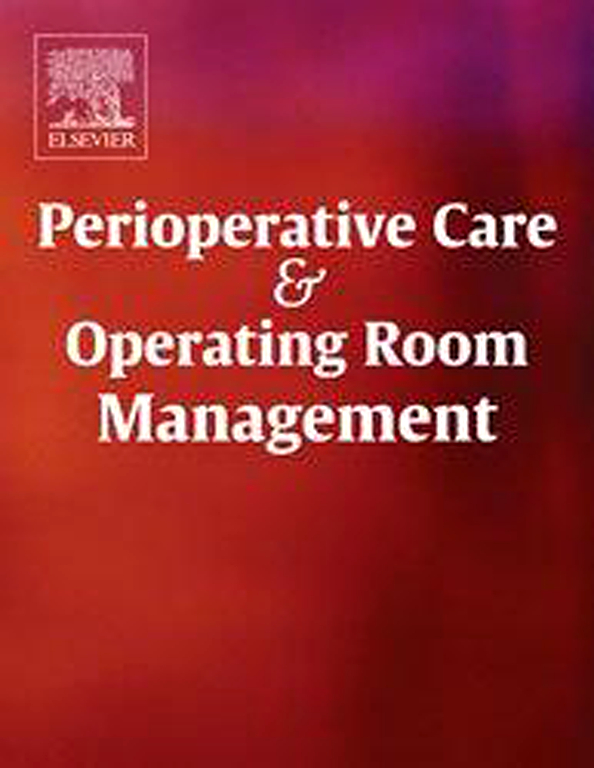
Editor's Note Individuals with preoperative depression are at significantly higher risk of developing postoperative delirium, according to a systematic review and meta-analysis of 42 studies involving a total of 4.6 million patients. Published September 4 in Anaesthesia, the study is first review to quantify the incidence and risk of postoperative…

Editor's Note Female patients undergoing high-risk surgeries are significantly more likely to die from postoperative complications despite experiencing complications at similar rates, according to findings published October 16 in JAMA. Observed in a cohort of 863,305 Medicare beneficiaries, this disparity suggests that clinicians may be less effective at recognizing and…

Editor's Note Critical care bed availability influences whether patients are admitted to intensive care after surgery, but it does not significantly affect postoperative outcomes, according to a study published September 25 in the journal Anaesthesia. The study involved 19,491 surgical patients from 248 hospitals in the UK, Australia, and New…

Editor's Note AI and machine learning (ML) models show significant promise in enhancing preoperative estimates of surgical control time (SCT), which are frequently wrong, according to a study published September 10 in Perioperative Care and Operating Room Management. The longitudinal study examined differences between predicted and actual SCTs, broken down…

Editor's Note Better-designed ORs can lead to shorter orthopedic surgery times and fewer disruptions, according to a recent study in Health Environments Research & Design. Conducted by researchers at the University of Kansas, the study observed 70 unilateral total knee and hip replacement surgeries in two differently designed ORs at…

Editor's Note Researchers at the Medical University of Vienna developed a new method using the Temporal Fusion Transformer (TFT) model to predict intraoperative hypotension in patients under general anesthesia. According to findings published August 30 in eClinical Medicine, part of The Lancet, the model utilizes routine vital sign data, including…

Editor's Note Spatial computing technology could enhance surgical precision and ergonomics, according to a September 16 announcement published in EurekAlert! The report covers how surgeons at UC San Diego Health are pioneering the use of Apple Vision Pro in the OR to evaluate its potential for displaying medical imaging, vital…

Editor's Note MedStar Georgetown University Hospital’s Verstandig Pavilion is now home to a moveable MRI system that enables real-time intraoperative imaging, NBC Washington reported September 18. As detailed in the article and accompanying video, MRIs are typically performed the day after surgery, sometimes revealing residual tumor tissue that could have…

Editor's Note Often exceeding federal safety limits, OR noise contributes significantly to communication breakdowns, heightened cognitive load, and increased surgical errors, according to a review of literature published September 17 in Cureus. Identified noise sources include surgical instruments, alarms, and staff conversations, which can reach up to 120 decibels (dBA)—a…

Editor's Note Tubal ligation procedures increased after the 2022 overturn of Roe v. Wade and were particularly concentrated in states with abortion bans, according to a September 11 Associated Press (AP) report on a study published in JAMA. Researchers analyzed insurance claims for approximately 4.8 million women across 36 states…